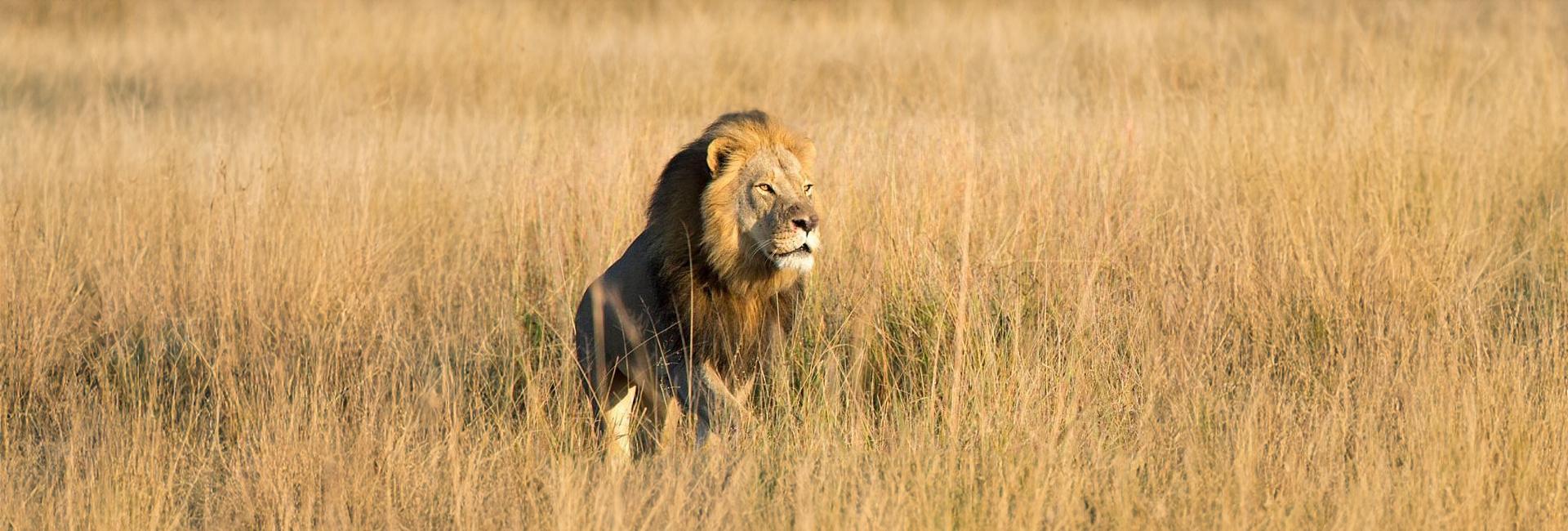(Image courtesy of Bert Duplessis/Lions of Hwange National Park/Facebook)
It has been reported that the son of Cecil the lion has been shot dead by a trophy hunter in Zimbabwe, just two years after the senior lion was killed by an American dentist and recreational hunter.
Cecil’s death in 2015 caused outrage amongst animal conservationists, with the incident receiving massive media attention across the globe. It is without doubt that the cruel slaying of his six-year-old son, Xanda, will cause similar or even greater upset.
Xanda was shot dead by a trophy hunter, just outside of the Hwange National Park in north west Zimbabwe. A member of the trophy hunt, Richard Cooke, is said to have handed Xanda’s electronic collar to researchers. Cooke has refused to answer his phone since the incident, and is also neglecting to reveal the name of his client.
According to experts, the slaying of Xanda was legal – but stipulated regulations will do little to appease conservationists, and the news of Xanda’s death is all too reminiscent of his father’s gruesome fate.
‘Legal’ or not, the shooting of an animal is truly egregious, and there are calls for tighter regulations on the activity.
Update: 21st July 2017
There are now fears for the other freely-roaming lions of Hwange National Park, as businesses continue to bring hunters to the periphery of the reserve.
Wealthy trophy hunters are able to pay for the ability to pursue lions in the area, with Cecil's killer, Walter Palmer, allegedly parting with $50,000 for the chance to slay the much-loved big cat. Many conservationists and animal lovers have condemned the Zimbabwean authorities for their handling of the situation, disregarding elements of Cecil's demise (such as his luring with bait), and instead failing to charge Palmer due to his permit/papers clarifying a supposed 'right' to hunt. Distressingly, authorities have also permitted Palmer to revisit Zimbabwe as a tourist, and at his own free will. These facts, especially when coupled with Xanda's death, are sure to further sully the name of Hwange National Park, calling into question their position as a conservation area.
We will continue to add to this story as more facts become available.













